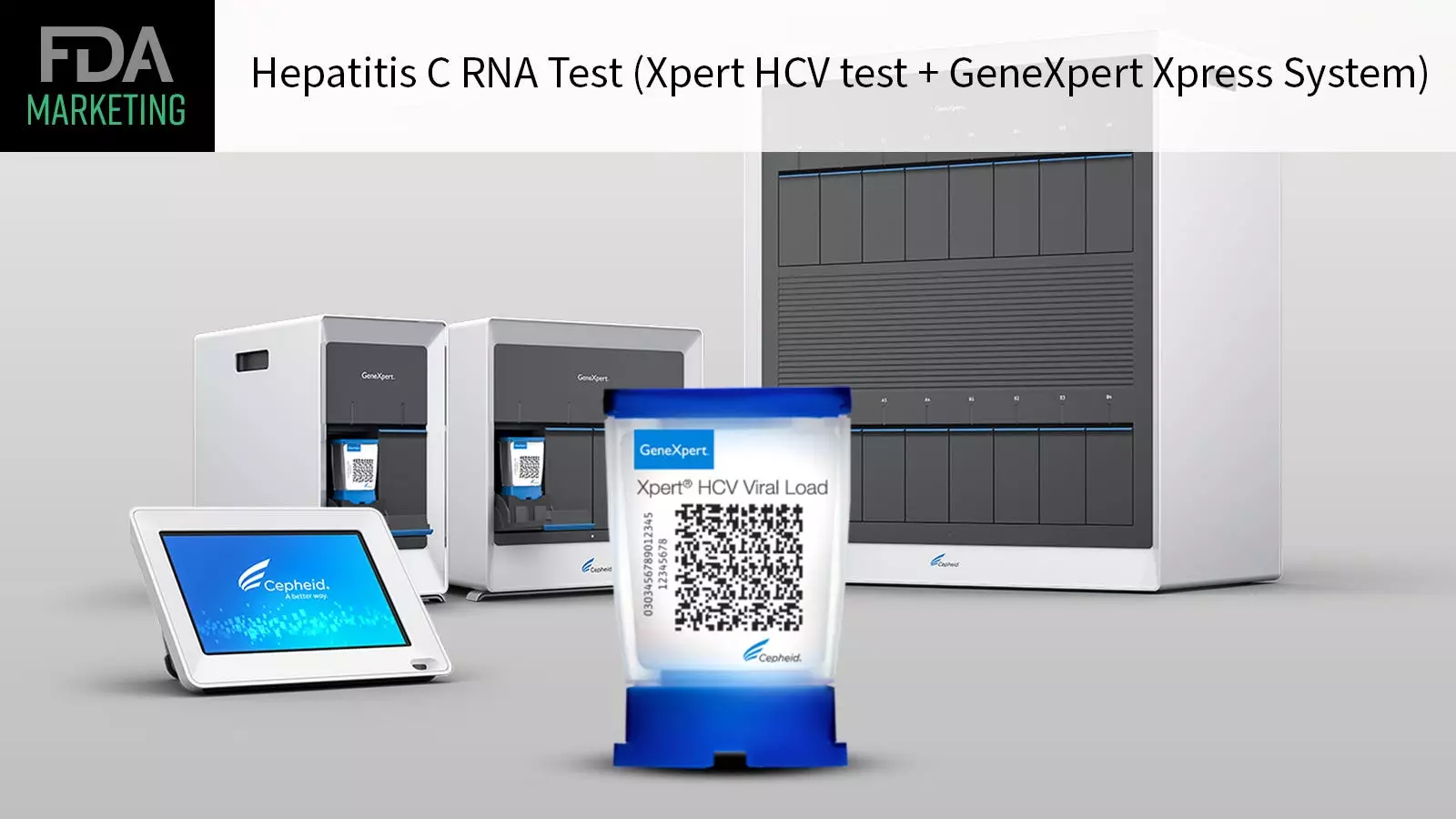In a significant move, the FDA has granted marketing authorization to the first point-of-care test for hepatitis C virus (HCV), known as the Xpert HCV test and GeneXpert Xpress System. This approval is poised to revolutionize the diagnosis and immediate linkage to care for at-risk adults. It allows for rapid diagnosis and eliminates the need for samples to be sent to a central lab.
The implications of this approval are far-reaching, as it enables the test to be conducted at various healthcare settings, including doctors’ offices, urgent care centers, and emergency rooms. The ability to deliver quick results using a fingertip blood sample within an hour is a game-changer, facilitating prompt diagnosis, treatment discussions, and linkage to care all during the same visit. This marks a significant advancement in the fight against hepatitis C.
Despite the availability of a safe and highly effective oral cure for hepatitis C, a significant number of individuals remain undiagnosed due to the lack of convenient testing options. The director of the FDA’s Center for Devices and Radiological Health highlighted the importance of equipping healthcare providers with tools for diagnosing and treating patients promptly, emphasizing that this approach could lead to the diagnosis and treatment of hundreds of thousands more hepatitis C patients, thereby preventing disease progression and further spread of the virus.
One of the major challenges in hepatitis C diagnosis is the multistep testing process that often requires separate appointments for testing, obtaining results, and additional follow-up testing. This fragmented approach can result in patients with infections being lost to follow-up, leading to delayed diagnosis and treatment. Given that more than half of individuals with HCV develop chronic infection, streamlined testing processes are crucial to prevent the progression to severe complications like liver cancer or liver failure.
Early detection of hepatitis C is paramount, as the infection can be asymptomatic or present with mild symptoms. Without timely diagnosis and intervention, the disease can progress to life-threatening complications. Recognizing the urgency of the situation, the CDC recommended in 2020 that all adults should be screened for HCV at some point in their lives, with pregnant women undergoing screening during each pregnancy. The availability of a point-of-care test could significantly enhance early detection efforts and improve treatment outcomes.
The FDA’s approval of the first point-of-care test for hepatitis C represents a significant milestone in the fight against this infectious disease. The ability to diagnose individuals at high risk for HCV quickly and link them to care immediately has the potential to save lives and prevent the further spread of the virus. However, challenges such as affordability and availability need to be addressed to ensure widespread adoption of this test. Ultimately, early detection and treatment are crucial in reducing the burden of hepatitis C and improving patient outcomes.


Leave a Reply